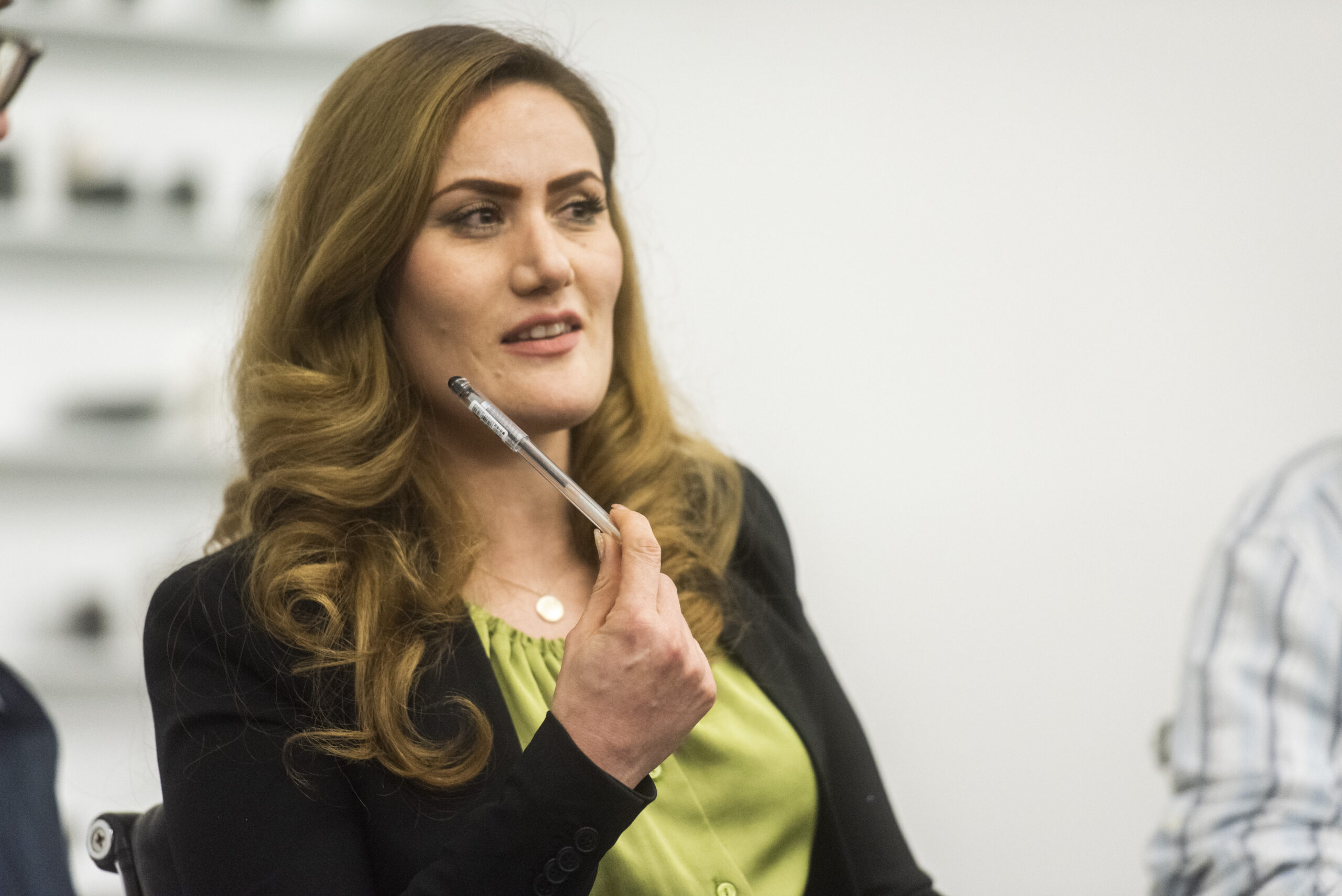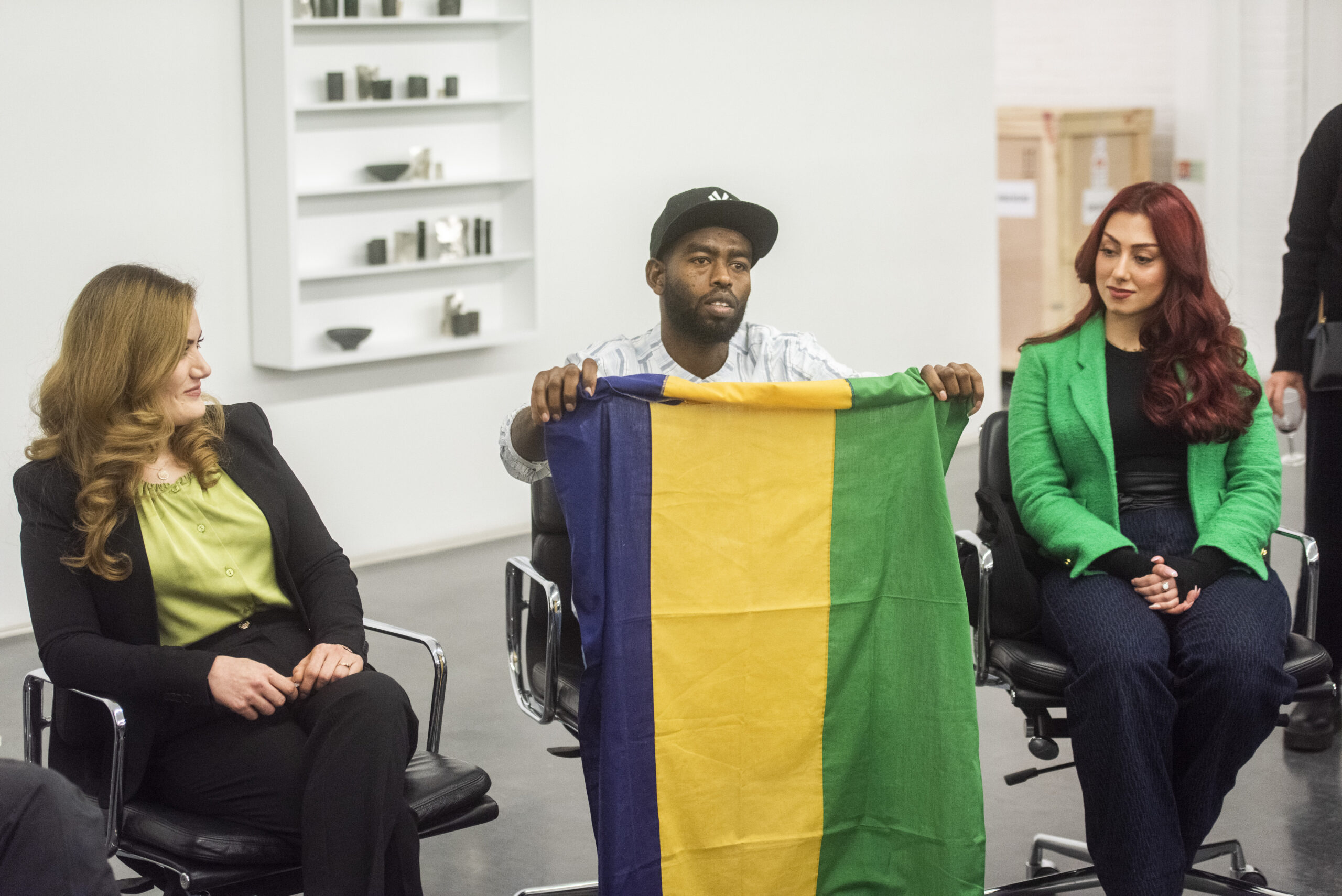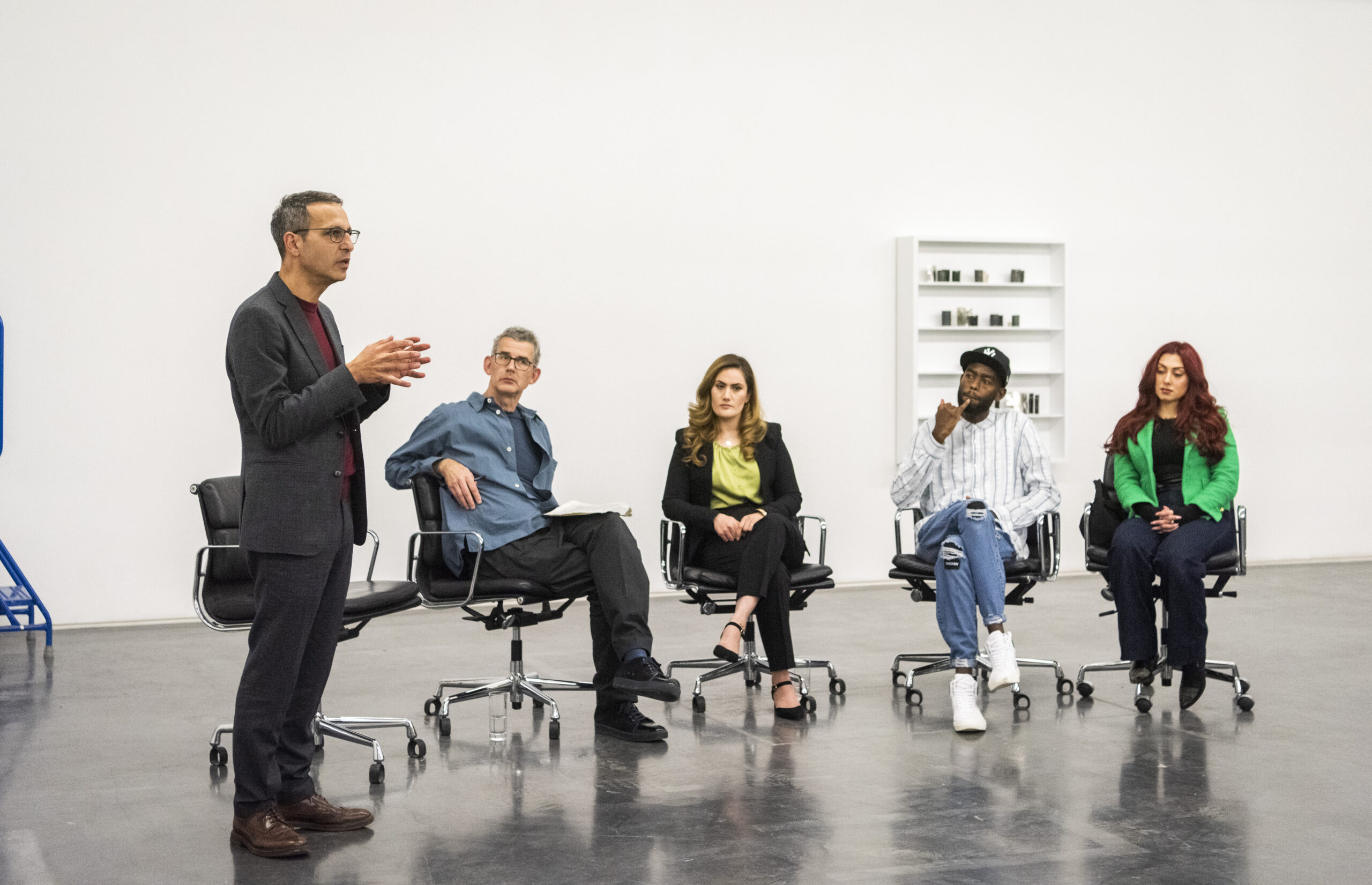What would you choose to take, if you were forced to leave your home? At an event hosted by the writer and artist Edmund de Waal, three Refugee Council speakers told us about some of the objects that link them to the past.
Zahra Shaheer is a journalist from Afghanistan
“I didn’t want to go anywhere. I had a good job, a good salary, I was settled. Everything happened very fast. Once I reached the UK I had lost so much. It was very difficult for me to accept.
The Refugee Council had courses for refugees. They helped me find work. It was my first job in the UK, it helped me improve my English—this was the reason I could find a job with the BBC.
I brought a pen. We were not allowed to take anything. The Ministry of Defence told us: ‘it’s just to save your life, not your clothes’.
As a journalist, I wanted to take a pen.
As a journalist, I wanted to take a pen. Through this pen, I want to write again, I want to advocate again for women’s rights, and for refugee rights as well. I see there is some inequality for refugees, and I want to write about this.”
 "I want to write again." Photo: Sean Pollock.
"I want to write again." Photo: Sean Pollock.
Mohanad Ahmed is a student from Sudan.
“I arrived two years ago. I arrived alone. I’m from Sudan. There is a war against particular tribes: we didn’t do anything wrong, but they kill people who belong to my tribe in horrible, horrible ways. I was already a refugee in my own home, in Sudan. I used to live in a camp. I’m grateful for my Mum, she was a teacher. My dream was to become a doctor. I got accepted as a medical student in Sudan, but they were treating us unfairly because of our tribe. I started to fight to change the situation.
I had no choice, horrible things happened to me, and I had to leave my country.
I had no choice, horrible things happened to me, and I had to leave my country. This is the flag that represents all of our nation, the first flag of our country. I was carrying this during the demonstrations, until the last day. I was running, and the flag fell, and I turned to pick it up. I carried it through all of my journey. This flag has huge meaning in my life.”
 "I was carrying this during the demonstrations." Photo: Sean Pollock
"I was carrying this during the demonstrations." Photo: Sean Pollock
Esther Baleh is a fashion graduate who left Syria as a child.
“We’ve been in the UK for nine years now. We came here through the Syrian Resettlement Scheme. I’ve just graduated in Fashion and Design.
I left Syria with my parents and two sisters.
I left Syria with my parents and two sisters. We were threatened by ISIS so we had to leave. We were resettled to the UK as emergency cases, because my father has a health condition. The Refugee Council gave us so much support when we first arrived, they were like our new family!
We had to bring a really small bag. I could only bring something really small. I brought a Syrian flag pendant, and the letters from my friends and cousins when we were young.”
 "We had to bring a really small bag." Photo: Sean Pollock
"We had to bring a really small bag." Photo: Sean Pollock
Edmund de Waal is a writer and artist.
“I come from a refugee family background, so this subject means a lot to me. I think my father, here tonight, is the oldest refugee in the room.
I’d like to say how profoundly we are enriched by your being here.
I’d like to say how profoundly we are enriched by your being here. It makes us a more civilised, more interesting, and more articulate community. We couldn’t be happier that you’re with us.”
Enver Solomon is CEO of the Refugee Council
“Protecting people is never out of date. The role of the Refugee Convention is as important today as it was in 1951, when it was first signed. We know that a belief in our shared humanity is so important.” ■
 "Protecting people is never out of date." Photo: Sean Pollock
"Protecting people is never out of date." Photo: Sean Pollock
Edmund has written about his family’s fascinating history. We’d like to thank him, and all of our amazing supporters, for making our work possible, and for continuing to believe in the importance of welcoming refugees, yesterday, today, and tomorrow.

